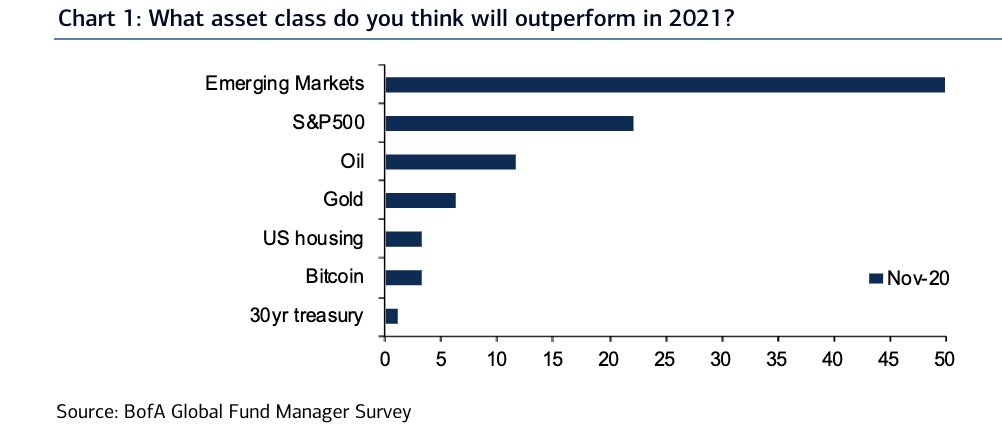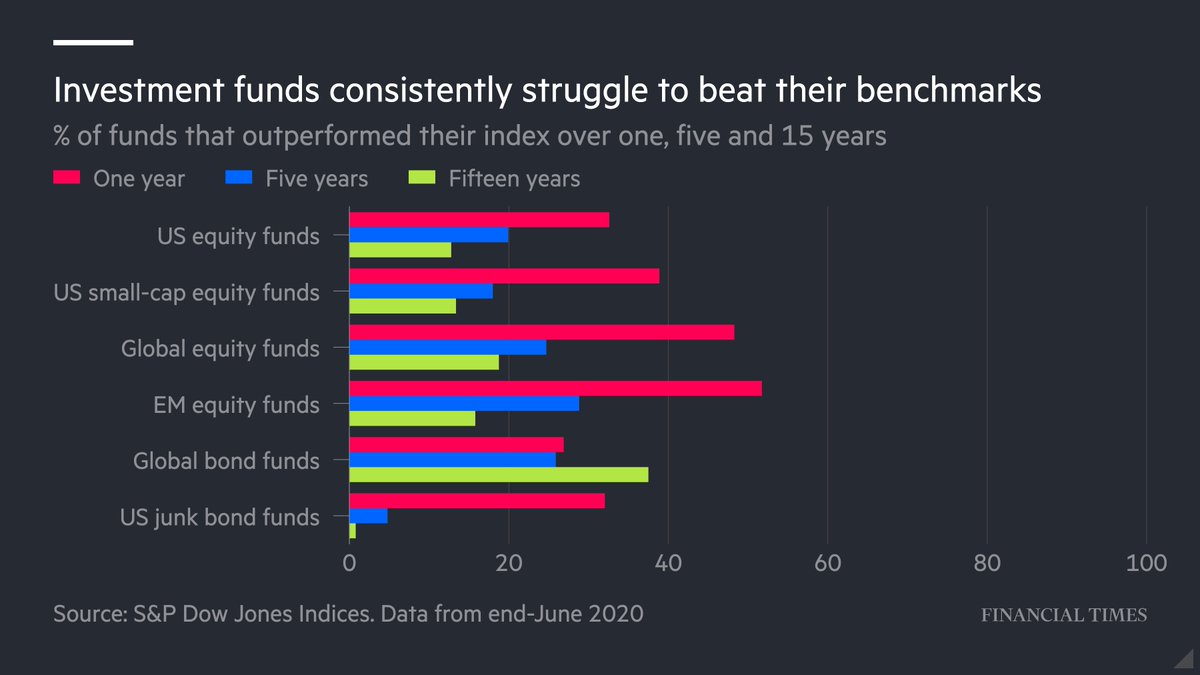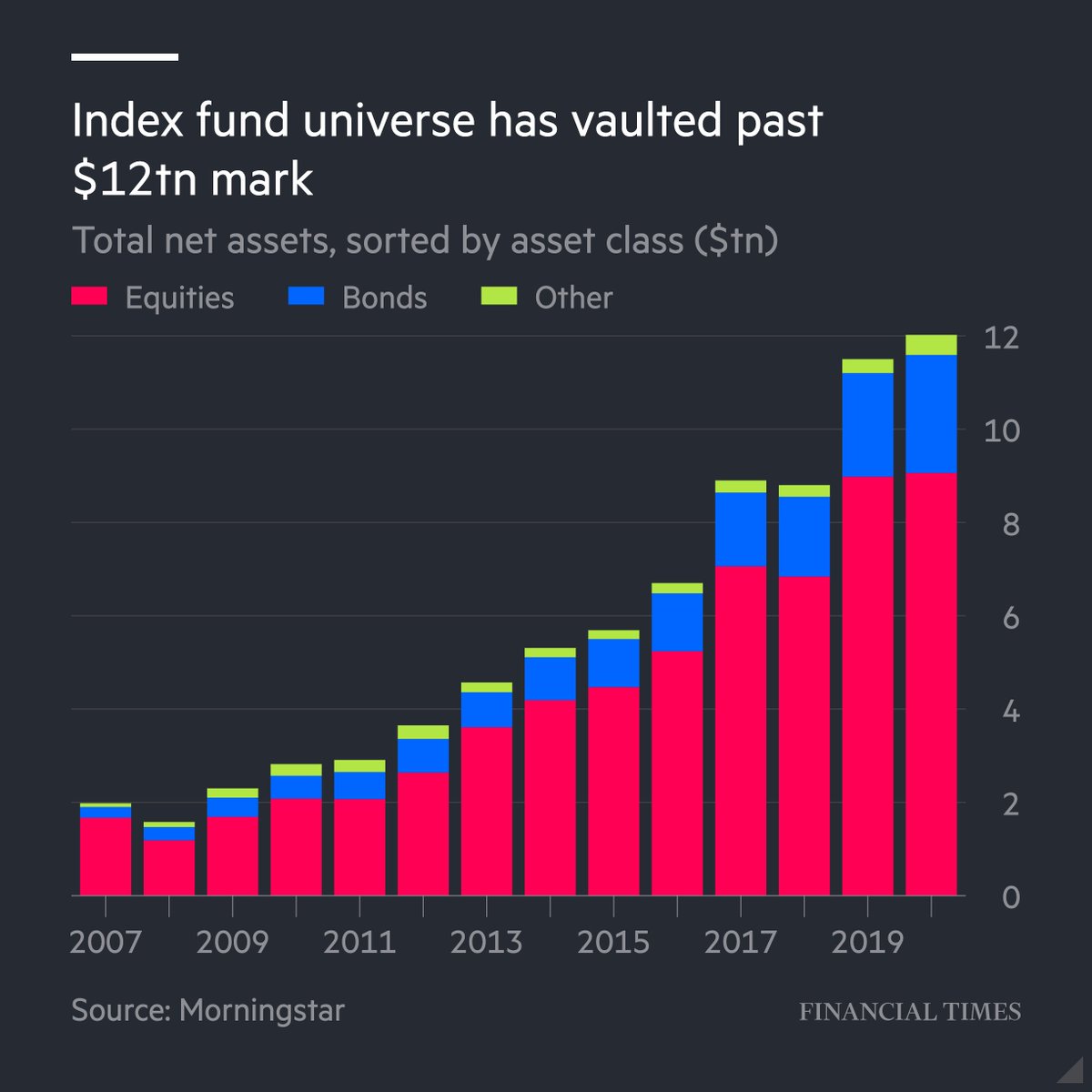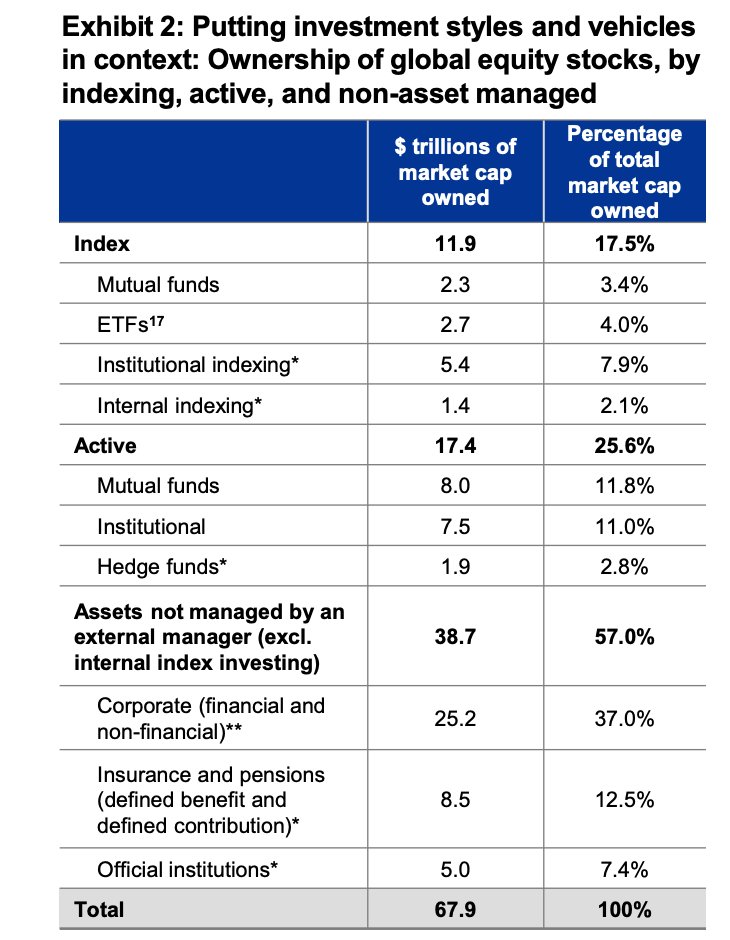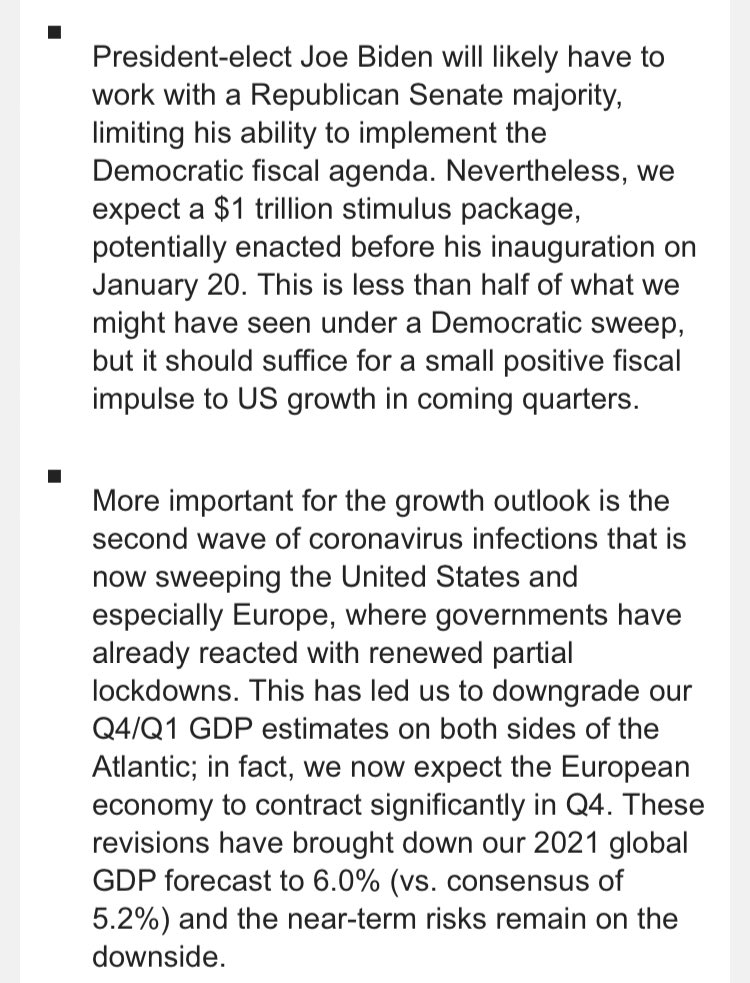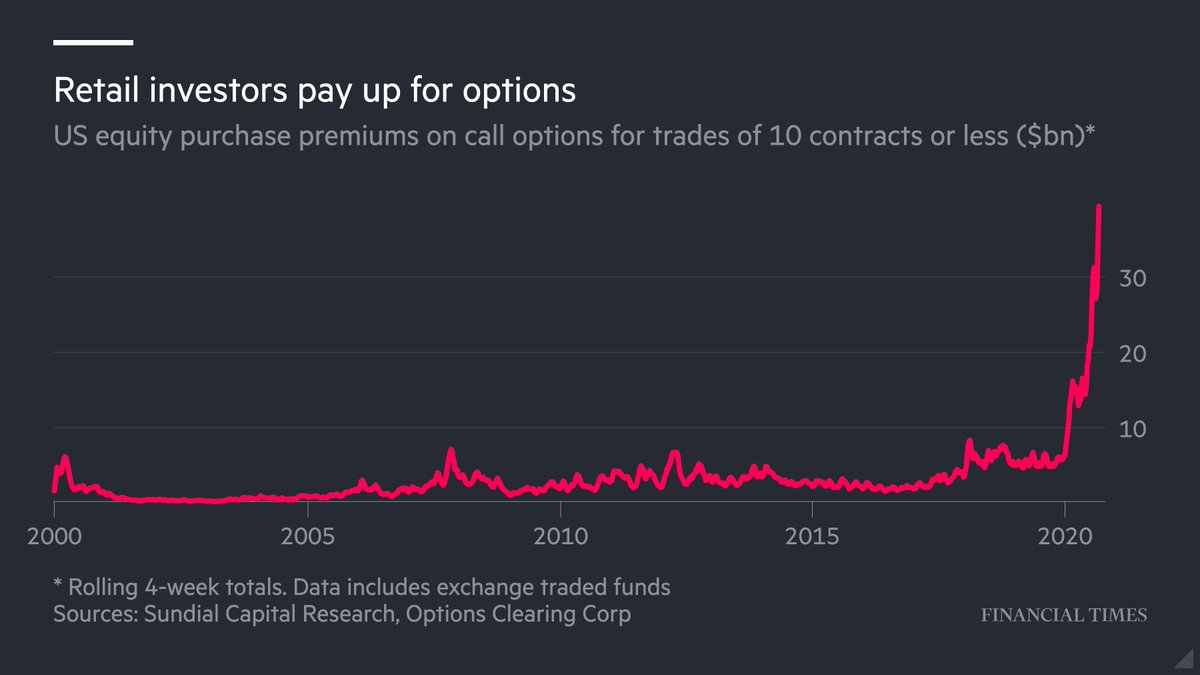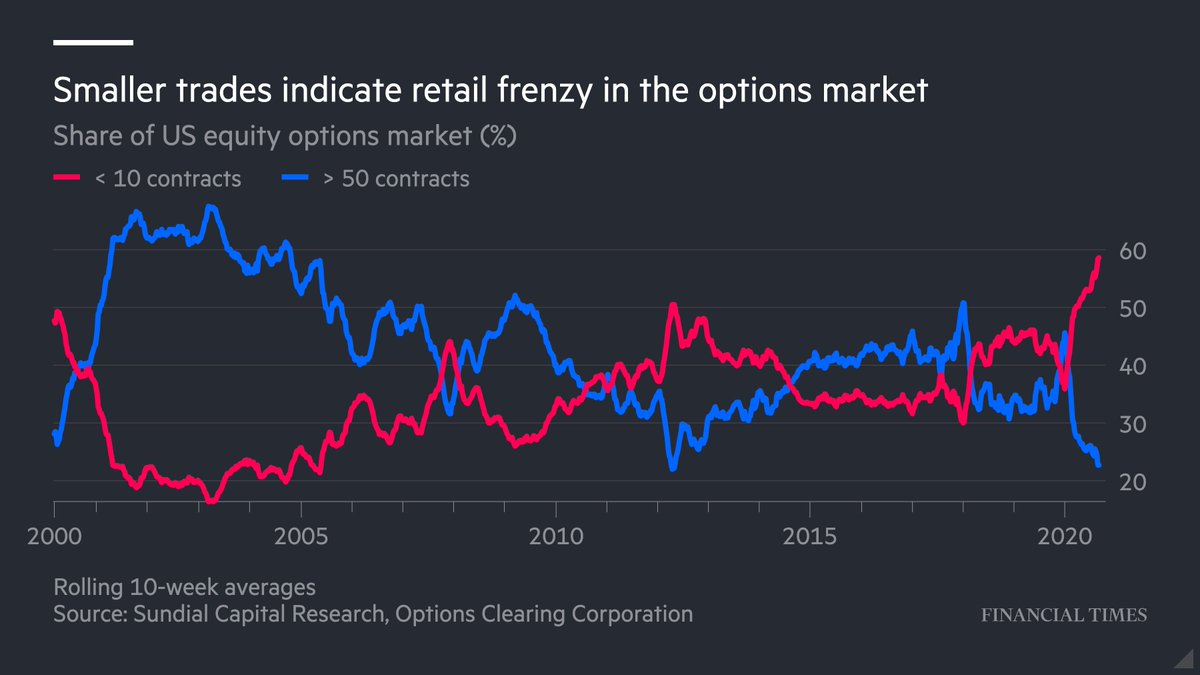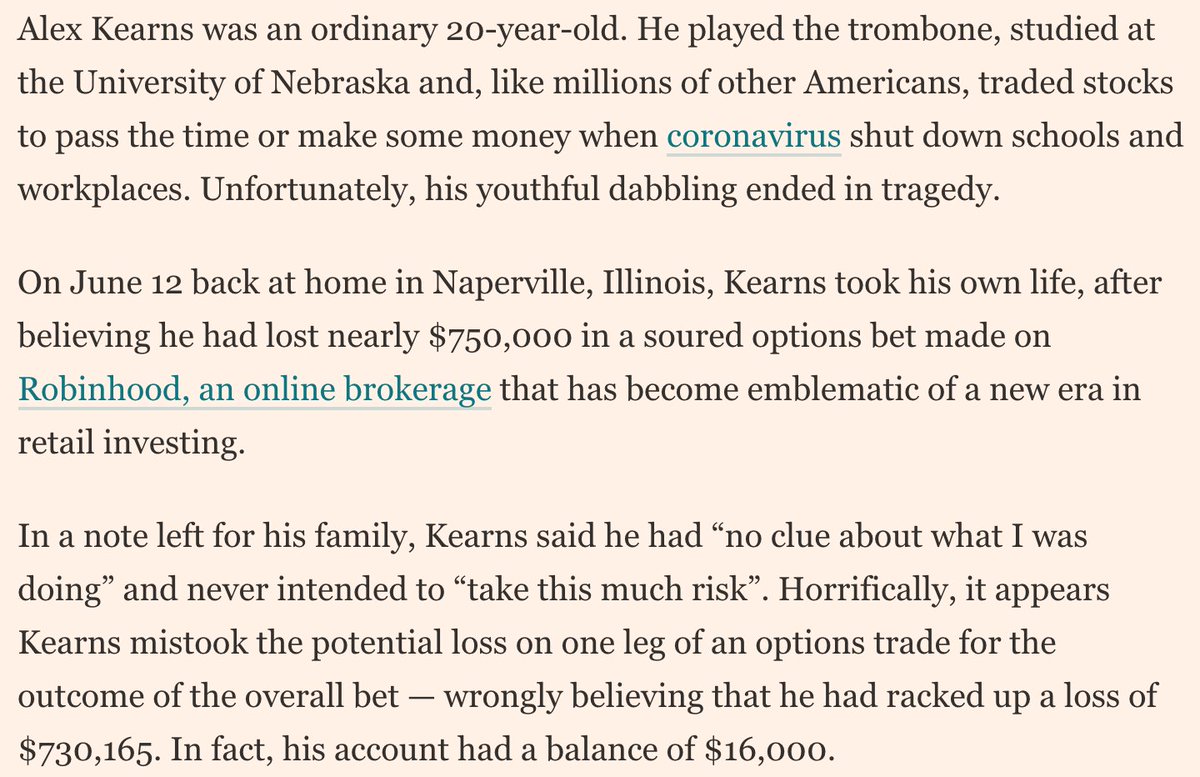
Quants continue to ramp up the use of machine learning, according to a Morgan Stanley survey of clients. 

Unsurprisingly, quants are divided on factors. Think there's an element of denialism with the ones saying their experience has been positive over the last year. You can still be a believer and admit the last year has been profoundly shitty. 

Finding and retaining talent seems to be less of a challenge these days, but a lot of quants worried about strategy crowding. 

This is REALLY interesting. A third of quant hedge funds have incubated or are already live with a systematic credit strategy, and another 50% are either considering or actively researching one. Think this is an area that will see a lot of development in the coming years. 

Biggest challenge to systematic credit strategies is how much more complicated it is to implement an algorithmic, automated approach in an asset class that is still a lot less electronically traded than equities. 

• • •
Missing some Tweet in this thread? You can try to
force a refresh





